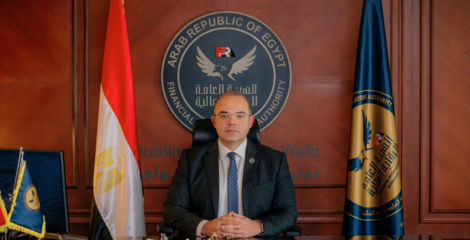- Mozambique introduces tax regulations for digital tourism platforms to increase national revenue.
- The move aims to align Mozambique’s tourism sector with global digital trends and improve compliance.
- The new rules address untaxed revenue streams from platforms like Airbnb and Booking.com.
Regulating the Digital Frontier
Mozambique has introduced a new draft tax law targeting digital tourism platforms like Airbnb and Booking.com, marking a bold step to modernize its tourism sector. These regulations aim to increase transparency and generate revenue from previously untaxed online operations, explained the Tax Authority.
The tourism sector contributes 3% to Mozambique’s GDP, with international travelers relying heavily on digital platforms to book accommodations and experiences. However, these platforms have often evaded local taxation, creating a revenue gap. By closing this loophole, the government hopes to boost revenue and reinvest in tourism infrastructure.
Mozambique’s new tax law aligns with similar global efforts to regulate digital platforms. Countries like France and South Africa have adopted similar frameworks. Thus, it creates a leveled playing field for local operators competing against international giants.
Modernizing Mozambique’s Tourism Economy
Tourism is a cornerstone of Mozambique’s economy, supporting thousands of jobs and showcasing the country’s pristine beaches, wildlife, and heritage. Yet, the rise of digital tourism platforms has shifted revenue streams, making traditional taxation methods obsolete.
Mozambique’s Tax Revenue (Mar 2002-Dec 2016)
These new tax measures reflect Mozambique’s ambition to integrate into the global digital economy while ensuring fair contribution from online platforms. According to the World Bank, effective taxation of digital services could increase Mozambique’s tax revenue by 5-7% annually.
Building a Sustainable Tourism Ecosystem
By targeting untaxed digital tourism platforms, Mozambique sets a precedent for balancing innovation with accountability. The revenue generated could fund sustainable tourism projects, enhance local livelihoods, and improve infrastructure, reinforcing Mozambique’s appeal as a travel destination.
Additionally, this move positions Mozambique as a leader among African nations tackling digital taxation, potentially inspiring neighboring countries to follow suit. For global tourism platforms, it emphasizes the importance of aligning with local regulations to maintain market access.
If you see something out of place or would like to contribute to this story, check out our Ethics and Policy section.














